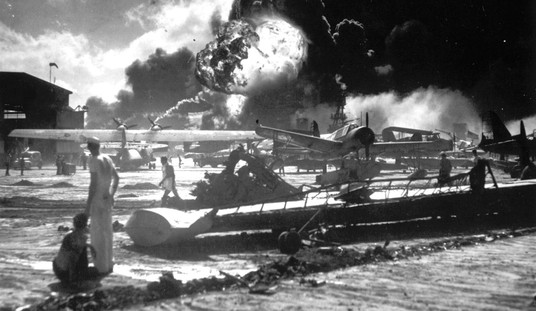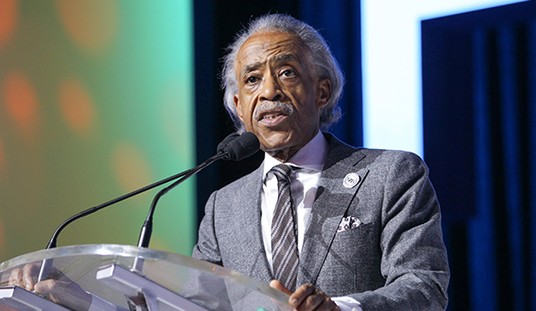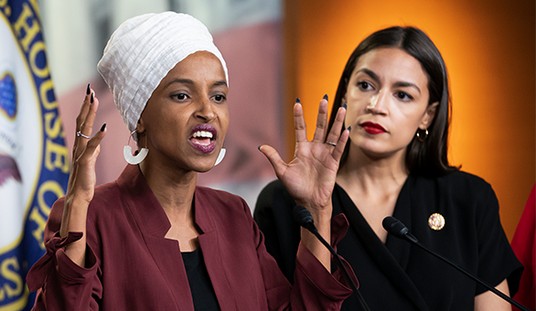On a visit to Nigeria today, Secretary of State John Kerry declared there are “far too many” who join terrorist groups like Boko Haram “because they have trouble finding meaning or opportunity in their daily lives.”
“Because they are deeply frustrated and alienated — and because they hope groups like Boko Haram will somehow give them a sense of identity, or purpose, or power,” Kerry said after meeting with local religious leaders to discuss community building and countering violent extremism in Sokoto, Nigeria.
“We see this in every part of the world — whether we are talking about the Lake Chad Basin or the Sahel, or a village in the Middle East or a city in Western Europe, it’s the same. When people — and particularly young people — have no hope for the future and no faith in legitimate authority — when there are no outlets for people to express their concerns — then aggravation festers and those people become vulnerable to outside influence,” he added. “And no one knows that better than the violent extremist groups, which regularly use humiliation and marginalization and inequality and poverty and corruption as recruitment tools.”
Kerry stressed that “one of our central tasks — and almost every single religious leader I just heard in the other room talked about this task — has to be to remove the vulnerabilities in our own position.”
“To effectively counter violent extremism, we have to ensure that military action is coupled with a reinforced commitment to the values this region and all of Nigeria has a long legacy of supporting — values like integrity, good governance, education, compassion, security, and respect for human rights,” he said.
The Obama administration has been critical of Nigeria’s military campaign against Boko Haram, charging that human rights are being violated as they target suspected terrorists.
“It is understandable that in the wake of terrorist activity, some people are tempted to crack down on everyone and anyone who could theoretically pose some sort of a threat. I caution against that today,” Kerry said. “Extremism cannot be defeated through repression or just creating fear. Fear instilled through repression invites not confidence; it invites contempt. It creates terrorists — trust creates citizens.”
Nigeria is about half Muslim and 40 percent Christian, with indigenous religions making up the balance. Kerry told the Nigerians that “those who would tear our communities apart — pitting one religion or one sect against another — they can only be defeated by citizens’ unyielding commitment to unity and mutual understanding.”
“Equality and tolerance; justice and mercy; compassion and humility — these are values that transcend religions, ethnicities, and all kinds of moral codes,” he said. “They are certainly in keeping with the teachings of Islam that have enriched the world for centuries.”
Kerry’s trip also included a meeting with Nigerian President Muhammadu Buhari and a sit-down with northern governors.
The Nigerian Army claimed Monday that it “believed to have fatally” wounded Boko Harm leader Abubakr Shekau. The army claimed the same back in 2014, only to have Shekau emerge alive and well.
“In what one could describe as the most unprecedented and spectacular air raid, we have just confirmed that as a result of the interdiction efforts of the Nigerian Air Force, some key leaders of the Boko Haram terrorists have been killed while others were fatally wounded,” spokesman Col. Sani Kukasheka said in a statement, claiming the terrorists were killed during Friday prayers.
Deaths and injuries from Boko Haram attacks jumped 190 percent in 2015. Over the same period, the Nigeria-based terror group’s use of suicide bombers rose 167 percent. They pledged allegiance to ISIS in 2014.









Join the conversation as a VIP Member